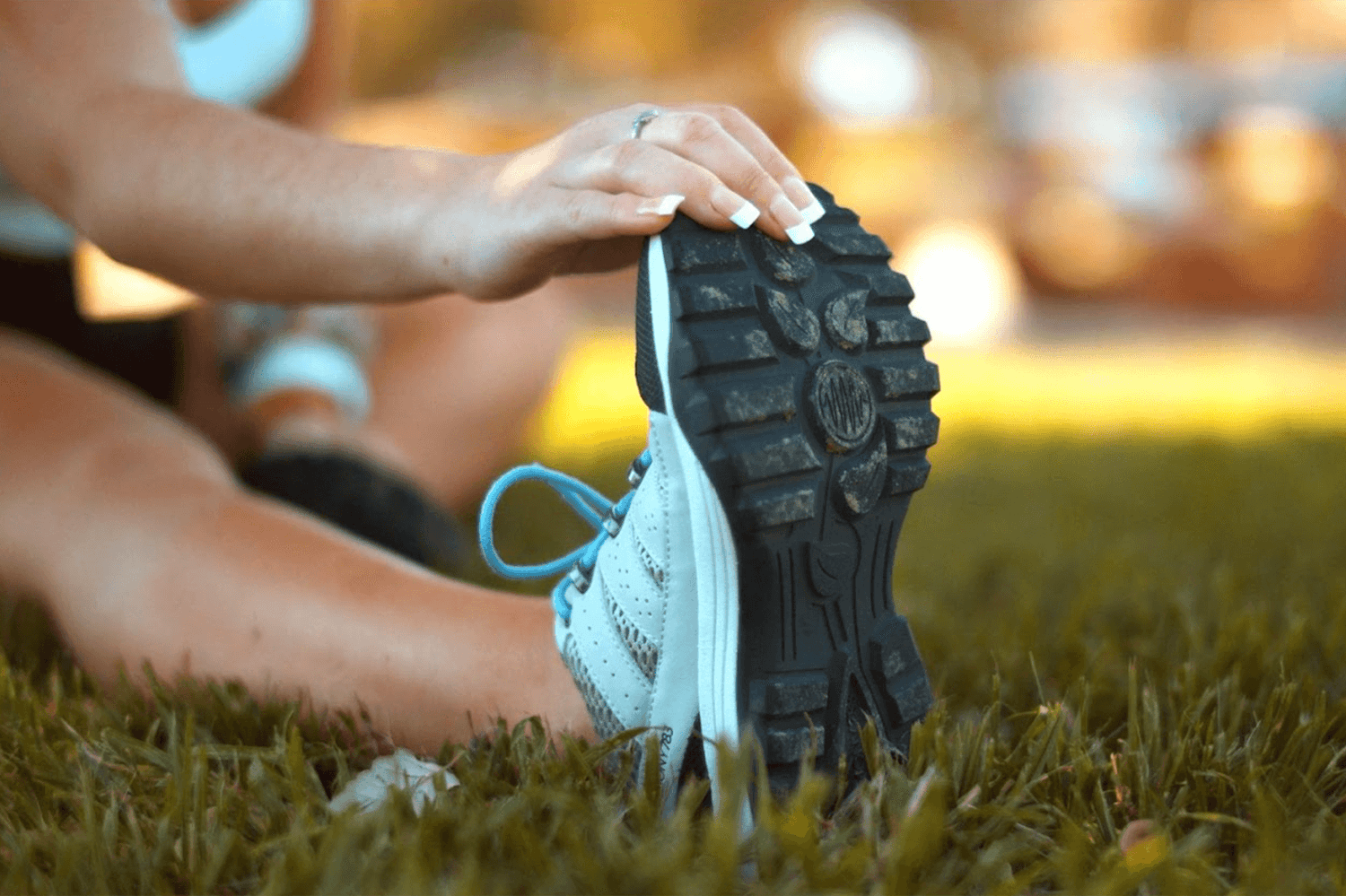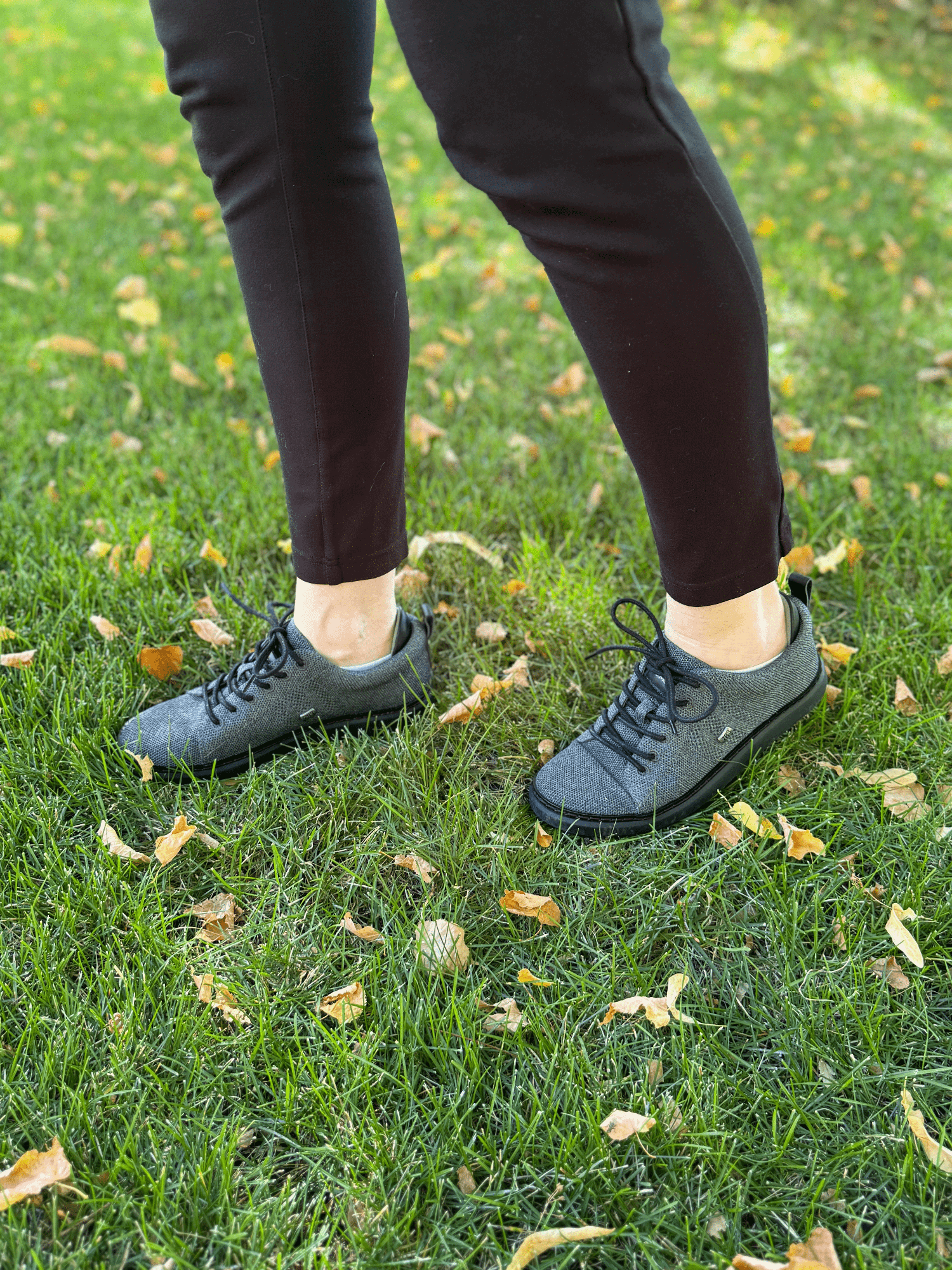Do you remember the last time you were grounded? Not in the sense of being confined to the house as punishment, but in the sense of being connected to the earth’s energy. Grounding, also known as earthing, can have powerful effects on your health and wellness. Take a moment to examine the concept of grounding, its impact on physical function, and the many benefits it can bestow on you and your loved ones.
How Grounding Works: Electrical Conductivity and Physical Function
Long before scientists started experimenting with electricity or inventors introduced the first electrical devices, life on Earth depended on this elemental force of nature. The planet itself produces a constant electrical charge that can penetrate and affect living tissues. At the same time, your body relies on electrolytes such as calcium, magnesium, sodium, and potassium to conduct electricity throughout its cells, tissues, and organs. This electrical activity governs everything from your heartbeat and immune responses to your nerve and muscle function.
Effects of Grounding (and Lack of Grounding) on the Body
When your body comes into contact with the Earth, electrons can pass from the ground into the cellular matrix that holds your tissues together. This influx of electrons helps to keep your body's electrical current in balance, allowing it to perform its countless daily processes more efficiently. Unfortunately, many people have lost their regular connection to the Earth. Rubber soled shoes and non-conductive indoor and outdoor walking surfaces prevent the natural flow of electricity that you'd get from simply walking barefoot or sleeping on the ground, as ancient cultures commonly did. Some researchers see a potential relationship between this disconnection and the rise in chronic health problems such as autoimmune diseases, mood or stress disorders, fatigue, and chronic pain conditions.
Health Conditions That May Respond to Grounding
Just as a disconnection from the Earth may contribute to health challenges, reconnection through grounding may help to reverse or minimize those challenges. Although the subject deserves more research than scientists have devoted to it, early studies in grounding point to some remarkable potential health benefits. Grounding may prove valuable against the following types of conditions.
Stress-Related Ailments
High levels of a hormone called cortisol can place you in a constant "fight or flight" state. The resulting stress can lead to poor sleep, anxiety, weight gain, headaches, cognitive problems, and blood sugar irregularities. Grounding may reduce cortisol to more normal levels, making it a smart complement to meditation, yoga, and other stress-reducing strategies.
Cardiovascular Problems
Grounding may lower high blood pressure. One study found that hypertension sufferers reduced their average systolic blood pressure by 14.3 percent after 12 weeks of daily grounding. Other research suggests that grounding reduces blood viscosity by preventing red blood cells from clumping together. This effect may reduce the risks of blood clots and heart disease.
Pain and Inflammation
Various studies have found that grounding can reduce pain and inflammation. One such study, which focused on subjects experiencing post-workout muscle strain, showed that the subjects who underwent grounding therapy reported less pain than those subjected to a sham treatment that resembled grounding. Other research showed a link between grounding therapy and reduced pain, swelling, and redness in injury patients.
Simple Grounding Methods and Techniques
You can ground your body simply by standing barefoot on grass, concrete, rocks, bricks, sand, dry soil, or even mud. Other grounding techniques include lying flat on the ground and touching the Earth with your hands. (You can also make contact with a grounding mat if you'd prefer not to get dirty.) If you enjoy ready access to the ocean or a clear body of water, immersion in the water can help restore your body's bioelectrical connection to the planet. Although research study participants typically practice two or more hours of grounding per day, you may experience benefits from just 20 to 30 minutes of daily grounding.
Of course, not everyone can jump into a lake, unroll a mat, or lie down in a yard every day. If you lead a typically busy lifestyle that keeps you on your feet, you most likely need to wear shoes, if only for proper arch support or protection against injury. However, you can choose footwear that doesn't insulate your feet from the Earth's electrical energy. Specialized shoes, boots, and flip flops incorporate conductive materials into their design, enabling you to ground yourself with every outdoor stroll or yard work session.
Get Grounded With HARMONY 783
Now that you know how grounding works and what it can do for your well-being, equip yourself with the correct footwear to help you take advantage of this natural health and wellness enhancement. HARMONY 783 offers a wide range of stylish, comfortable grounding shoes for walking, hiking, running, and other favorite activities. Click to learn more about our story and how we help people just like you get grounded!















































